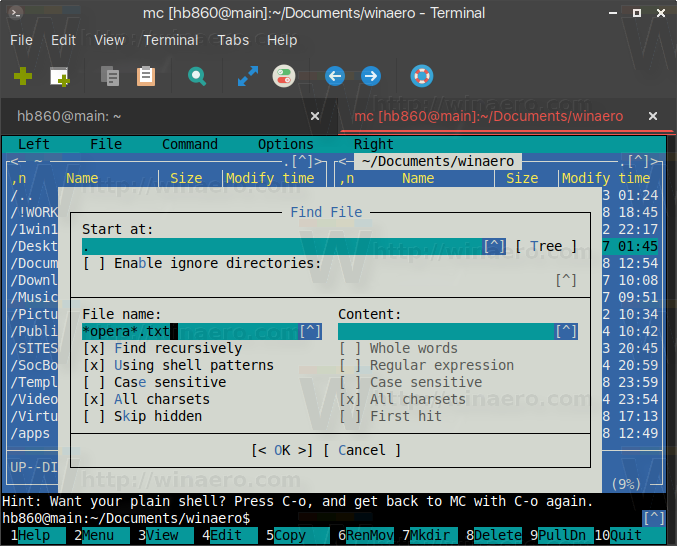

The file name includes the operating system, timestamp, and other information, for example, ubuntu-12-vdm-sdct-20150201-0606-agent.tgz. The tarball is generated in the directory from which the script was executed (the current working directory). sudo /usr/lib/vmware/viewagent/bin/dct-debug.sh Open a command prompt in the Linux desktop and run the dct-debug.sh script. You can create a Data Collection Tool (DCT) bundle that gathers the machine's configuration information and logs into a compressed tarball. To configure logging, edit the /etc/vmware/config file. usr/lib/vmware/viewagent/viewagent-debug.log You can create a configuration file to configure the verbosity level. The following list presents an overview of all system log files from SUSE Linux Enterprise. #CustomLog "/var/log/httpd-access.log" commonĬustomLog "/var/log/httpd-access.Log files can help you troubleshoot issues related to installation, display protocols, and feature components. System log files are always located under the /var/log directory. Sample output: # a CustomLog directive (see below). # grep CustomLog /usr/local/etc/apache22/nf FreeBSD Apache access log file location – /var/log/httpd-access.log.Debian / Ubuntu Linux Apache access log file location – /var/log/apache2/access.log.RHEL / Red Hat / CentOS / Fedora Linux Apache access file location – /var/log/httpd/access_log.The location and content of the access log are controlled by the CustomLog directive.

The format of the access log is highly configurable. While fzf itself works properly, it is wise to use it in conjunction with other tools to make most out of it. mtime - Indicates the file modification time and is used to find files older than 30 days. Here, dot (.) - Indicates the current directory.
Find log files in linux install#
To install fzf in Ubuntu, open a terminal and run: sudo apt install fzf. The above command will find and display the older files which are older than 30 day in the current working directory. # If you do not specify an ErrorLog directive within aĮrrorLog "/var/log/httpd-error.log" Access LogsĪpache server records all incoming requests and all requests processed to a log file. Fzf is a fuzzy search tool available for Linux, where you can search for files interactively. Sample output: # ErrorLog: The location of the error log file. # grep ErrorLog /usr/local/etc/apache22/nf To find exact apache log file location, you can use grep command: Use the following command to see the log files: cd /var/log 3. First, open the Linux terminal as a root user. This is the command Id use to find all log files in a given directory: find /stack-exchange/ -type f -name '.
Find log files in linux how to#

By default, Oracle Database trace files and log files are stored in subdirectories of /u01/app/oracle/diag. This apache log file often contain details of what went wrong and how to fix it. When a database deployment is created on Oracle Database Classic Cloud Service, log files from the creation operation are stored in subdirectories of /var/opt/oracle/log. If there is any problem, you should first take a look at this file using cat, grep or any other UNIX / Linux text utilities. Location of error log is set using ErrorLog directive. There are two type of apache httpd server log files: Error LogsĬLICK HERE for a List of Error Codes (No Email Required)Īll apache errors / diagnostic information other errors found while serving requests are logged to this file.


 0 kommentar(er)
0 kommentar(er)
